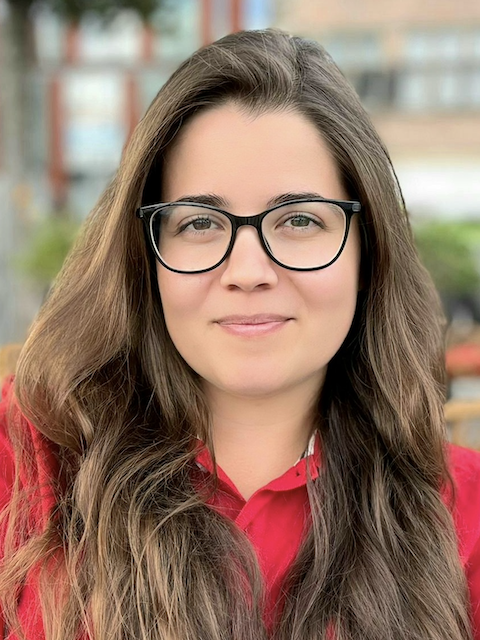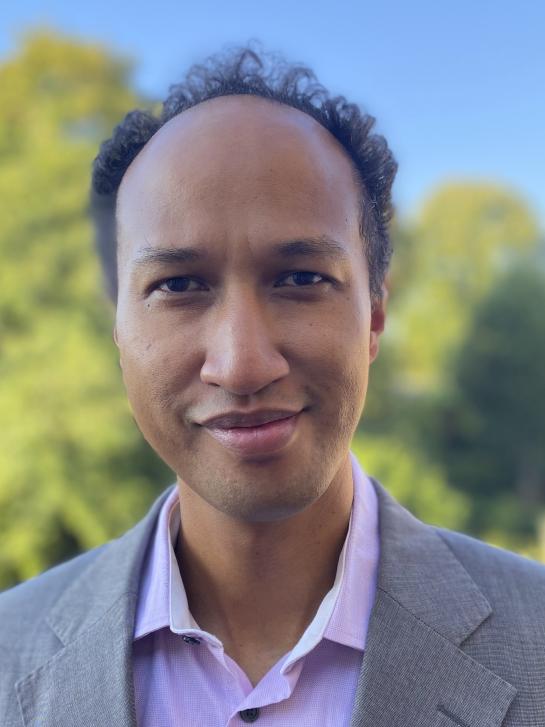PROGRAMME
The final programme will be launched on June 30th.
Wednesday, 17 September, City centre
16:00 - Pre-conference programme: Social Activity: Culinary Walk!
Thursday, 18 September, VUB Campus
| 9:00 – 9:15 | Registration |
| 9:15 – 9:30 | Welcome and opening |
| 9:30 – 10:15 | Academic Keynote |
| 10:15 – 11:15 | Panel 1 |
| 11:15-11.40 | Coffee break |
| 11:40 – 13:00 | Panel 2 |
| 13:00 – 14:00 | Lunch |
| 14:00 – 15:20 | Panel 3 |
| 15:20 – 15:50 | Coffee break |
| 15:50 – 17:10 | Panel 4 |
| 19:30 | Dinner |
Friday, 19 September, VUB Campus
| 9:00 – 10:20 | Panel 5 |
| 10:20 - 10:50 | Break |
| 10:50 - 11:50 | Panel 6 |
| 11:50 - 12:40 | Closing keynote |
| 12:40 - 13:40 | Lunch |
| 13:40 - 15:00 | Panel 7 |
| 15:00 - 15:10 | Closing and Farewell |
VENUE
ECREA CLP Brussels will take place on the main campus of the Vrije Universiteit Brussel, Pleinlaan 2, 1050 Brussels, in the U-Residence building. How to get there?
REGISTRATION AND CONFIRMATION
Please register here for the conference. PhD scholars register with discounted admission. The conference fee includes participation in the venue, coffee breaks and lunches. Extra optional activities are the social event and conference dinner.
Please note that our registration system requires immediate payment in order to confirm registration.
Fee PhD Scholar 60 EURO and normal fee 100 EURO.
Each participant will receive an email notification confirming receipt of payment.
ABOUT THE ORGANIZERS
ECREA CLP Brussels is organized by imec-SMIT, VUB and the Department of Communication Sciences of the Vrije Universiteit Brussel. The conference received support from the Strategic Research Programme (SRP) in Media Economics of imec-SMIT, VUB.
Organization Committee: Tim Raats, Adelaida Afilipoaie, Heritiana Ranaivoson
ECREA CLP Section chairs: Sally Broughton-Micova, Tim Raats, Tales Tomaz.




